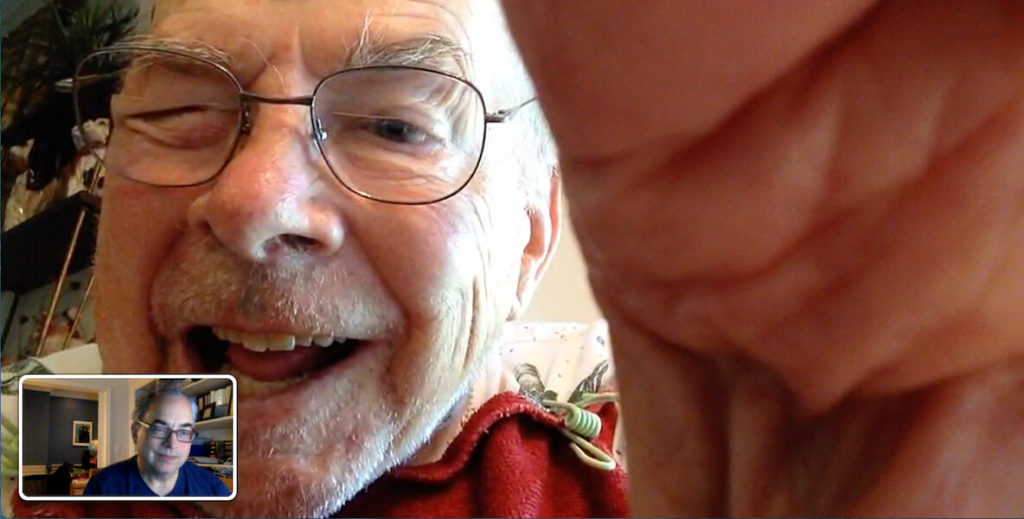![]()
Long before the coronavirus crisis, America had a public health epidemic of loneliness, rising rates of teen suicide and our widening political divide. Because of that, we’re already far along the path of isolation.
It’s making us sick.
New evidence shows that social isolation is a greater detriment to health than obesity and smoking, and that it increases our chances of getting heart disease, dementia and depression.
As we’re now forced to take extreme measures to distance ourselves (and rightly so), we have a rare opportunity to reckon with the social isolation we’ve allowed to fester.
This moment offers us a choice.
Physical distancing can push us further apart, rupturing into social recession. Or, we can rise up, like Americans often do in time of crisis, and band together to create a better future.
Fortunately, fertile soil awaits.
Now, they’re poised to lead us back together.
A group of us in Phoenixville, PA—five mothers concerned with the future we’re creating for our children—created the Phoenixville Conversation Project. While the most extreme voices get the most airtime, causing many to withdraw, structured conversation can bring us back together.
It’s working.
We’re hosting a series of Living Room Conversations, a simple structure for people who disagree to have a meaningful conversation. These conversations allow our community to grapple with hard issues. We’re building trust, deepening relationships and increasing a sense of belonging.
Coronavirus means we’re shifting to virtual conversations, but participants are more committed than ever. During conversations we listen not to respond, but to understand, a practice that spills over into our lives.
“Because of these conversations,” shares participant Stephanie Root, “I’m
Conversation helps us cultivate inner spaciousness that brings calm clarity in moments of high anxiety. “I’m learning to practice silent affirmation during our conversations,” said participant Linda Valloor. “Showing care without words helps me as a teacher and parent.”
Social connection doesn’t require physical contact. Dr. Catherine Renzulli, principal of Phoenixville’s Schuylkill Elementary, was looking for opportunities to increase civic discourse. The Conversation Project inspired her to consider adding a “question of the week” prompt in her weekly email blasts to equip families with tools for connection while schools are closed.
Living Room Conversations has created a new resource hub, which includes new conversation guides about “Life in the Time of Corona” to help a bewildered nation grapple with a rapidly shifting environment.
They’re just some of more than 100 Conversation Guides that can be downloaded for free and used to host virtual conversations on video conferencing platforms like Zoom. Inviting vulnerable people into conversation, folks who live alone, senior citizens, or those with weaker immune systems, can reduce their isolation and help us care for each other.
Additionally, Nation Conversation Project’s 300 partner organizations have created a new campaign to help Americans connect, converse and care in response to the pandemic. Its new site includes conversation prompts, acts of kindness and caring ideas.
Conversation, imbued by a spirit of generous listening, might be one of the last, best spaces where we taste the America that’s possible. The America, in fact, that we want to be.
Shannon Mannon is the founder of 3-Minute Storyteller, which invigorates communities and inspires social healing through storytelling.

